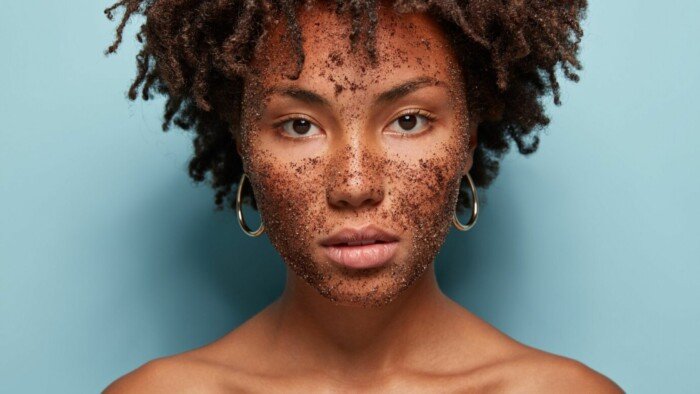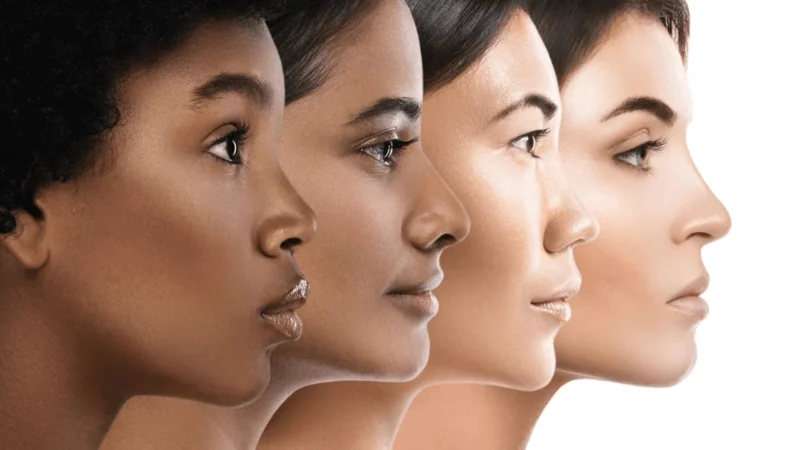Dermatologic diseases and solutions
|
Getting your Trinity Audio player ready...
|
Dermatologic diseases affect millions of Americans each year. Most skin conditions are benign, but some are serious and even life threatening. Dermatologists are trained to detect these maladies early and treat them effectively. Here are the causes and solutions of dermatologic diseases:

Corneal Diseases
A corneal disease is any disorder that affects the structure or function of the cornea. The most common corneal disorders include keratoconus (a progressive degeneration of the cornea), herpes simplex virus infection (HSV), herpetic stromal keratitis (HSSK), allergic conjunctivitis and chemical burn.
Herpes Simplex Virus Infection
There are two types of HSV infections in humans. Herpes simplex type 1 (HSV-1) infects only mucous membranes while herpes simplex type 2 (HSV-2) can also cause eye infections. A herpes zoster occurs when the immune system attacks cells in the body that carry out nerve cell functions. The result may be a painful condition called shingles.
Allergic Conjunctivitis
Allergic reactions, including seasonal hay fever, are usually manifested by an itchy red face, watery eyes and nasal congestion. This problem results from hypersensitivity to allergens. Moreover common allergens include dust mites, pollen, mould spores, animal dander and pollens. For more information on allergy sufferers, click here!
Corneal Ulcers
Corneal ulcerations are very painful sores that occur on the front surface of the eye. They develop as the result of trauma, contact lens wear, ocular surgery and systemic illness (e.g., diabetes). Treatment includes frequent cleaning with saline solution and/or antibiotic drops.
Dry Eyes
Dry eye syndrome is characterized by irritation, itching and burning sensation around the eyes accompanied by dryness of the outer portion of the eyes. It is a chronic condition that develops over time and does not respond well to treatment by artificial tears, antihistamines, cholinergics or steroids. Therefore, these three stages of this condition. In stage one tear production decreases leading to symptoms. If left untreated, it progresses to stage two where patients experience blurred vision and discomfort. At stage three, there is severe damage to the eye’s corneal epithelium which leads to permanent damage of the cornea. For more information about what causes dry eye syndrome,
Psoriasis
This is a chronic skin disease in which new skin areas grow rapidly. It often begins during puberty and continues throughout adulthood. Typically, the first sign of psoriasis appears as small patches of raised, thickened, red skin covered by white scales. Psoriatic arthritis involves joint pain and swelling along with inflammation. Many people who have psoriasis eventually develop plaque psoriasis. Plaque psoriasis covers large sections of the skin leaving behind a shiny red, scaly surface. People with certain autoimmune disorders, such as rheumatoid arthritis, lupus and thyroid problems, are at greater risk for having psoriasis.
Skin Cancer
Skin cancer is more common than you might think. Every year, approximately 5 million cases of no melanoma skin cancers (basal cell carcinomas and squamous cell carcinomas) are diagnosed in America, according to the National Institutes of Health. Melanoma skin cancers account for 4 percent of all skin malignancies, but they are responsible for 75 percent of deaths caused by the disease. Although melanoma is curable if detected early, many others are not. Most skin cancers start as tiny spots on sun-exposed parts of the body. These tiny spots are called actinic keratosis. Actinic keratosis are commonly found on the nose, ears, scalp, neck and arms.
Treatment Options
If you want to treat your own health conditions, check out our herbal tinctures or homeopathic remedies. We offer these products in liquid form, so they can be taken orally. For topical applications, we carry creams, lotions and salves made with natural ingredients. Our range of supplements, vitamins, minerals and herbs also help support overall health and wellness, while helping to prevent future illnesses.
Conclusion
Most dermatologic diseases have been over looked, especially those that affect the immune system. The reason being because people don’t know what to look for and go into denial. So if you suspect your child has something going on with their immune system please do what you can to get them checked out. We hope these dermatologic diseases and solutions will help you.






